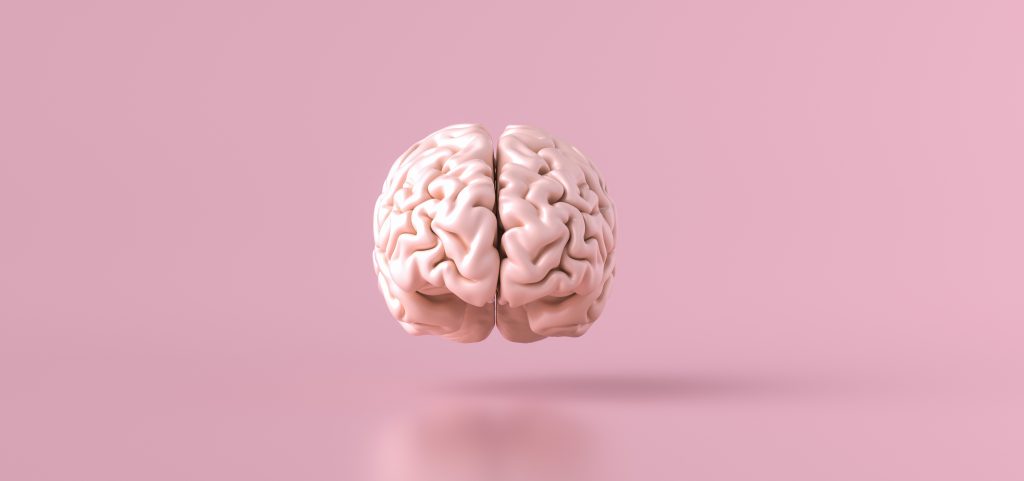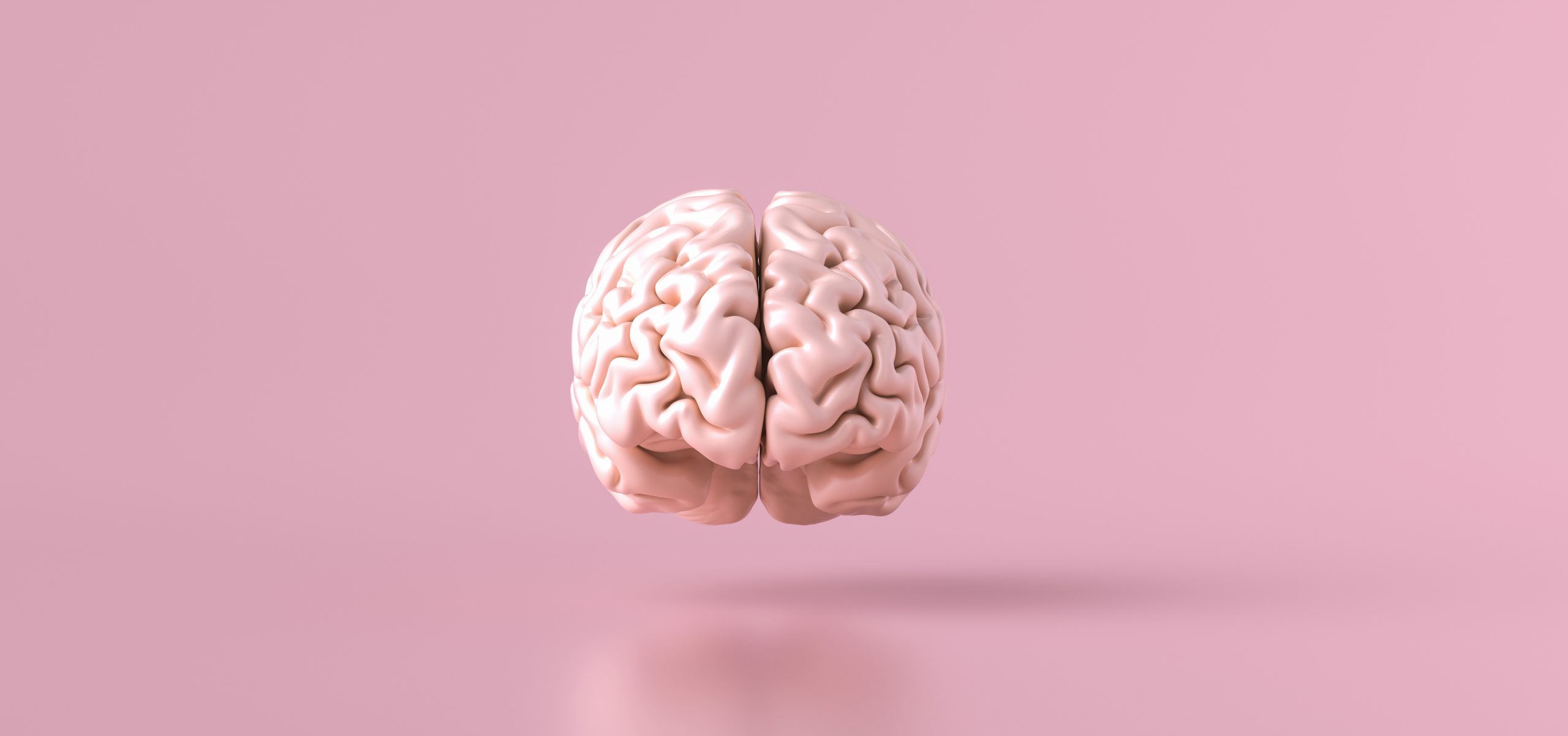Dementia, other brain disorders and Alcohol
There is adequate evidence to point out that excessive alcohol intake over a prolonged period causes several problems. These include a range of physical, social, emotional, financial and legal issues.
Every time the individual imbibes alcohol, it reaches the brain and causes the pleasurable ‘buzz’. Repeated and extended onslaught causes brain damage (also known as alcohol-related brain impairment).
The reasons are mostly a combination of vitamin B1 deficiency (thiamine), the toxic effects of alcohol on the nerve cells, head injury and damage to the blood vessels.
Long-term effects of alcohol abuse on the brain

Some potential effects of long-term alcohol abuse on the brain include:
- cardiovascular problems, including increased risk of stroke
- brain shrinkage
- poor circulation to the brain
- dementia
- nutritional deficiencies that may cause brain damage, such as a type of dementia called Korsakoff Syndrome,
- mental health issues, including hallucinations and psychosis
- significant changes personality or mood fluctuations
- Chronic alcohol exposure in children and babies may stunt brain development. During pregnancy, alcohol exposure can cause a complex group of symptoms called fetal alcohol syndrome.
Mainly, there are three types of alcohol-related brain damage; Wernicke’s encephalopathy, Korsakoff’s syndrome and alcoholic dementia. Both Wernicke’s and Korsakoff’s can occur singularly or in combination when it is called Wernicke-Korsakoff syndrome.
Wernicke’s encephalopathy usually has a sudden onset and is characterised by movement and balance problems, loss of coordination, disorientation and abnormal eye movements.
Korsakoff’s syndrome may occur gradually, and the symptoms include attention and concentration problems, gaps in memory which are typically filled inaccurately (confabulation) and difficulty in learning new information.
Alcoholic dementia is characterised by a deteriorating capability in decision making, planning and risk assessment. There tends to be a change in personality, reduced impulse and emotional control, leading to skirmishes and socially inappropriate behaviour. Moreover, there are problems with attention, concentration and memory.

What is dementia?
Dementia is an umbrella term used to describe a range of progressive neurological disorders – meaning, conditions impacting the brain. There are over 200 subtypes of dementia, but the five most common are: Alzheimer’s disease, vascular dementia, dementia with Lewy bodies, frontotemporal dementia and mixed dementia. Some people may have a combination of different types of dementia, which are commonly called mixed dementia.
Dementia in the UK
Dementia is a global concern, but it is most often seen in wealthier countries, where people are likely to live longer due to advanced medical care. The Alzheimer’s Society (2014) reports over 850,000 people are living with dementia in the UK today. Of these, approximately 42,000 are people with young onset dementia, which affects people under 65. As a person’s age increases, so does the risk of them developing dementia. It is estimated that the number of people living with dementia in the UK by 2025 will rise to over one million.
Excessive alcohol consumption is one of the contributing factors for dementia and other brain disorders.
How can alcohol-related brain damage be prevented?
The most obvious way is to reduce alcohol intake. Here are some basic strategies:
- Stick within low-risk drinking guidelines of no more than 14 units per week (6 pints lager or 1.5 bottles of wine per week).
- spread your alcohol intake over three or more days
- have alcohol free days
- increase physical and mental activity
- consume a healthy balanced diet
- avoid smoking
- manage stress and anxiety by finding alternative methods of coping, not alcohol use
- get regular physical check-ups – monitor your weight, cholesterol and blood pressure
- keep in mind that middle-aged women are at a higher risk of the adverse effects of alcohol because of differences in hormones, body fat composition and height-weight ratios
Interventions and support for people with alcohol-related brain damage
If excessive alcohol consumption is stopped leading to increased vitamin B1 levels, around 25% of patients recover entirely, 50% of the patients exhibit a partial recovery with some degree of damage, and 25% of the cases progress with damage to the brain and nervous system. These may eventually require to need long term care.
The person who is drinking alcohol to excess must stop their intake under medical supervision and care. Withdrawal symptoms during detox can sometimes be complicated, and a proper assessment and monitoring are highly recommended.




